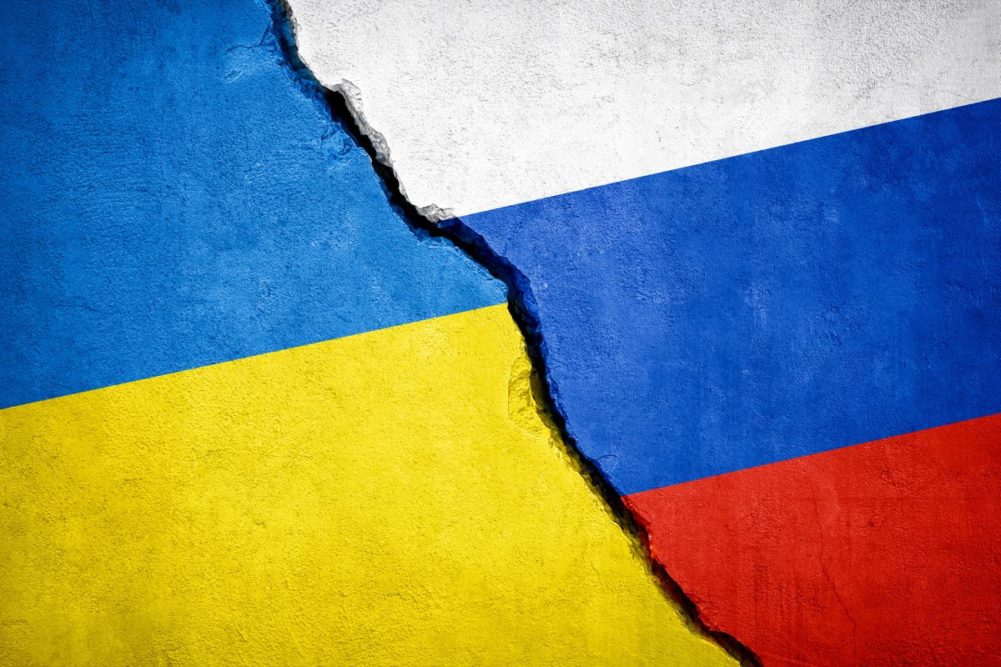MOSCOW, RUSSIA — Russia’s alleged theft of Ukrainian grain during the 21 months it has been at war with Ukraine does not fit the definition of military necessity and likely constitutes the war crimes of starvation and pillage, according to the Global Rights Compliance (GRC), a Netherlands-based non-profit law firm.
The systematic grain extraction by Russian forces and affiliated actors involves the large-scale control of grain elevators, road and rail infrastructure and the use of port facilities in occupied territories, resulting in a highly organized system of appropriation, the GRC said.
“Most of the Ukrainian grain facilities seized were privately owned by Ukrainian corporations, including Nibulon and Agrotron,” the GRC said. “Such conduct does not fit the definition of military necessity or the heightened threshold of imperative military necessity, further reinforcing that the conduct highly likely constitutes the war crime of pillage.”
It said Russia “pre-planned” to pillage over $1 billion of Ukrainian grain per year to fund its invasion of Ukraine, which began on Feb. 22, 2022. The GRC noted that collected evidence “indicates Russia’s detailed and expansive plan to steal 12,000-tonnes-a-day of grain and fill Russian war chest with profits.”
“In both seizing the grain and profiting from its export, one of Russia’s goals appears to have been to fund its own war effort, even in part, through purposefully denying food to civilian populations — in this case affected civilians in third states for whom the grain was destined,” the GRC said. “Such conduct may fall within the prohibition of using starvation as a method of warfare.”
With respect to modalities for accountability, the GRC noted that the European Union’s restrictive measures in respect of actions undermining or threatening the territorial integrity, sovereignty and independence of Ukraine may be expanded to include individuals and entities involved in the illicit extraction and seizure of grain in Luhansk and Zaporizhzhia provinces, including high-ranking officials, businesspeople, banks and financial institutions.
In addition to the mounting evidence that it has stolen large amounts of Ukrainian grain, Russia initially blockaded the Black Sea during the first five months of its invasion, preventing Ukraine from shipping grain through its ports. Then, the Black Sea Grain Initiative, a deal involving the United Nations and Turkey, as well as Ukraine and Russia, entered into force on July 22, 2022, guaranteeing security for vessels carrying grains and oilseeds.
However, Russia withdrew from the agreement on July 17 of this year, claiming that the series of demands it had issued had not been met, and began bombing grain infrastructure throughout Ukraine, which traditionally has been one of the world’s largest corn and wheat exporters. Ukraine has countered by setting up a new route out of the Port of Odesa in which ships proceed into the waters of NATO members Romania, Bulgaria and Turkey and out toward the Mediterranean Sea.




